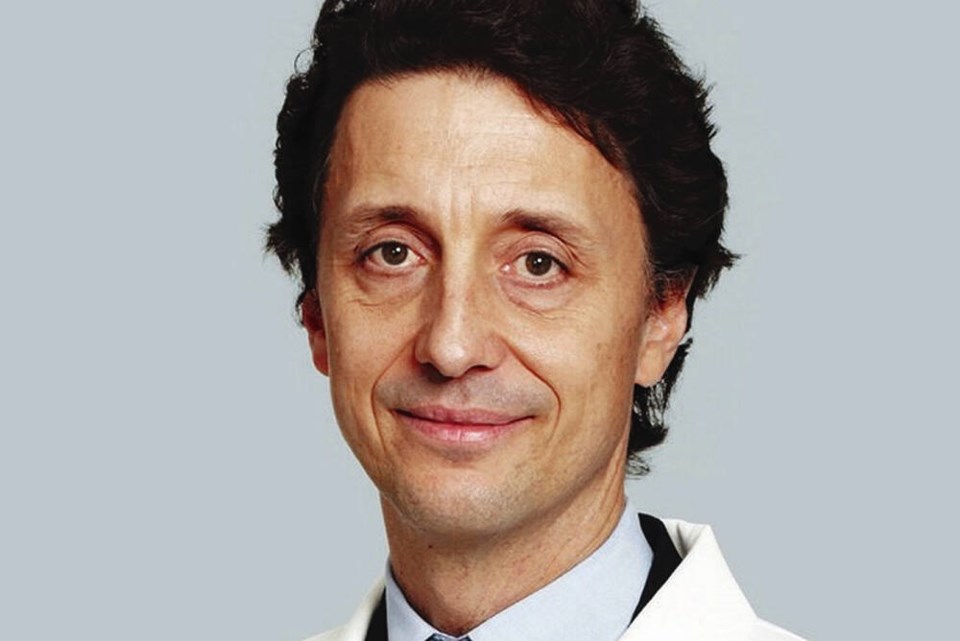Dear Dr. Roach: I have been diagnosed with low cortisol and put on 15-mg hydrocortisone tablets daily for life by my endocrinologist. I was told that if I get sick with an infection, I should double the medication. I am 77, and my pharmacist told me that this medication shouldn’t be used long-term. I worry about the side effects, but I hear this is not a common problem.
C.B.
It sounds like you have adrenal insufficiency, which is an inability to make adequate cortisone. (Cortisone is a type of steroid called a glucocorticoid.) This condition has many underlying causes, but the most common is an autoimmune destruction of the cortex of the adrenal gland, where cortisone is made.
In the liver, cortisone is converted to cortisol, the active hormone.
Cortisol is an absolutely essential hormone for more body functions than I can list, so it is essential that you get a normal day’s worth every day, which is usually 15-25 mg divided into two doses. Without the replacement of this critical hormone, people will develop fatigue, weakness, weight loss, nausea and many other symptoms.
What’s even more critical is that under times of stress, the body needs more cortisol. A mild illness, like a respiratory illness with fever that is treated at home, requires an increase of the normal dose of steroids, usually two to three times the usual dose for three days, depending on how sick the person is. (If you are sick longer than this, call your doctor.) Planned surgeries or more serious illnesses that require hospitalization are treated with even higher doses of cortisol under the care of your treating physician.
Although steroids given long-term can cause many problems, you are on replacement dosing.
This doesn’t have the risks of excess steroids. Without cortisol replacement, people unable to make cortisol are at a very high risk of death during times of severe illness.
I’m afraid you have not received an adequate explanation from your endocrinologist and instead received misinformation from your pharmacist, probably due to a lack of communication.
Patient education in adrenal insufficiency is critical. Everyone with this condition should have an adequate supply of hydrocortisone at home for emergencies and vials of injectable hydrocortisone in case of a medical crisis at home.
You should also have a medical alert bracelet and an emergency medical card.
Dear Dr. Roach: I have seen some advertisements that Lipo-Flavonoid can help with ear ringing. I recently went to an ENT, and the doctor did not mention any benefit from oral medications, unless they are treating a condition that is causing the ear ringing. Can you address the benefits/side effects of this supplement?
A.L.
I agree with your ENT physician, as does the American Academy of Otolaryngology-Head and Neck Surgery Foundation, who recommend against supplements for the treatment of tinnitus. It would be great if they worked, but the preponderance of data shows that they are no better than a placebo. Although they’re unlikely to cause serious harm, they can occasionally cause side-effects.
If the underlying cause of tinnitus isn’t found, then tinnitus-retraining therapy and cognitive-behavioural therapy have the most evidence of benefit. Some people also benefit from biofeedback.
Dr. Roach regrets that he is unable to answer individual letters, but will incorporate them in the column whenever possible. Email questions to [email protected].



